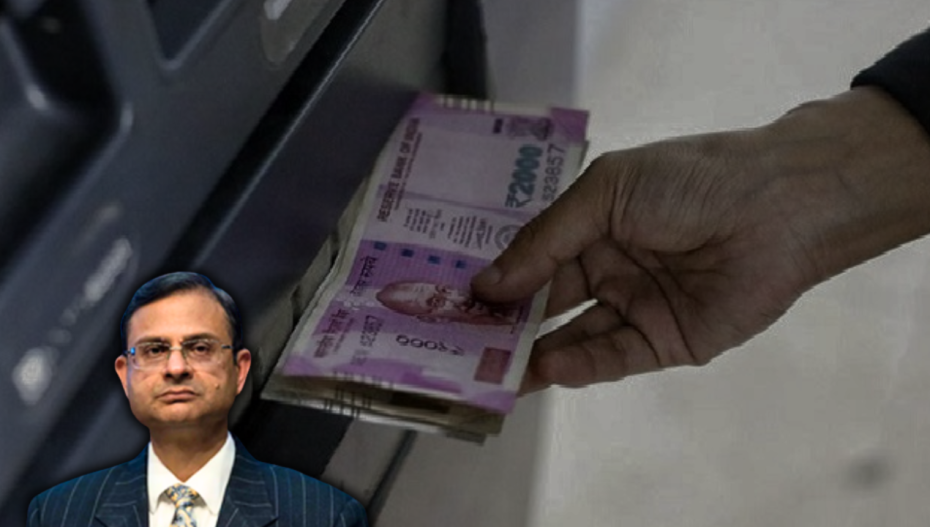Cash withdrawals from ATMs will become more expensive from 1 May, as reports indicate the Reserve Bank of India (RBI) has approved a rise in interchange fees for such transactions.
According to a business daily, the central bank has sanctioned a Rs 2 increase in ATM interchange fees for financial transactions and a Re 1 increase for non-financial transactions. This will raise the cash withdrawal fee to Rs 19 from the current Rs 17 per transaction, while the balance check fee will rise to Rs 7 from Rs 6 per transaction.
Customers using ATMs of banks other than their own are likely to face higher expenses as a result of this fee adjustment. The increase will apply after the free monthly transaction limit is exceeded, which currently stands at five transactions in metro cities and three in non-metro areas.
An ATM interchange fee is the amount a bank pays to another bank for providing ATM services to its customers. Banks often pass this fee on to customers as part of their service charges.
The decision to revise the fees follows a proposal from the National Payments Corporation of India (NPCI). White-label ATM operators, who operate ATMs independently of banks, had been advocating for the change, arguing that the existing fees were insufficient to cover operational costs.
Smaller banks, which rely more heavily on other banks’ ATM networks due to their limited infrastructure, may face greater challenges under the new fee structure.
The increased charges are expected to add to the financial burden on customers who frequently use ATMs for cash withdrawals and balance inquiries.
Also Read: Gautam Adani Highlights Employee’s Inspiring Wheelchair Bungee Jump













